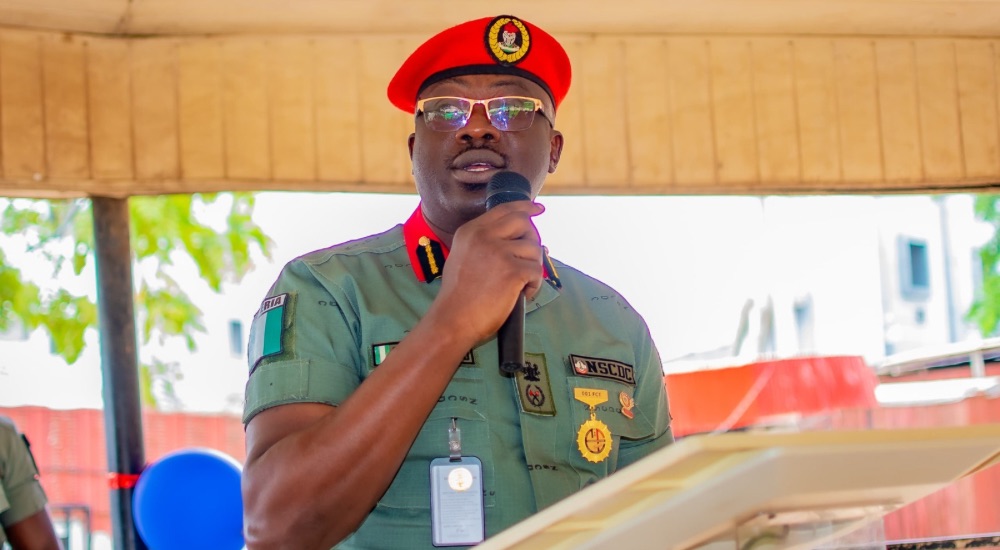The Nigeria Security and Civil Defence Corps (NSCDC) has pledged to strengthen the protection of female journalists across the country as part of its commitment to tackling Gender-Based Violence (GBV) and promoting press freedom.
The FCT Commandant of the Corps, Dr. Olusola Odumosu, made this known on Wednesday during a training workshop organised by the International Association of Women in Radio and Television (IAWRT) in collaboration with UNESCO in Entebbe, Uganda.
The workshop, titled “Monitoring and Reporting on the Safety of Journalists in Africa with a Focus on Gender,” brought together law enforcement officers, journalists, and legal practitioners from across the continent.
In his presentation, “From Report to Response: How Cases of Attacks Against Female Journalists Are Handled,” Odumosu said the NSCDC was taking deliberate steps to strengthen protection mechanisms for women in the media, who are often targets of harassment, intimidation, and assault due to their gender.
“The vulnerability of journalists in Nigeria, especially women, is gender-sensitive, trauma-informed, and demands institutionally supported protection mechanisms,” Odumosu stated.
He noted that prioritising the safety of female journalists was a strategic imperative for the Corps and other security agencies, stressing the need for clear policy reforms, enhanced capacity building, improved data systems, and stronger accountability and collaboration frameworks between law enforcement and media stakeholders.
Advertisement
Odumosu urged African security agencies to adopt a more proactive approach in addressing violence against women in journalism, calling for an institutional culture that condemns, investigates, and punishes such acts.
He said, “We must allocate resources for the desk officers, provide rapid response protocols, commit to quarterly data reporting on incidents involving female journalists, and engage proactively with media houses and journalists’ associations to build trust and coordination.
“Together, by implementing these measures, we will help safeguard not only the lives of female journalists but also the very foundation of our democracy, security, and public safety.”
While highlighting some of the NSCDC’s initiatives, Odumosu said the Corps had established gender desks across its formations and trained personnel on gender-based violence response in partnership with other security agencies.
However, he identified key challenges still hindering effective protection, including under-reporting of GBV cases involving journalists, digital threats, weak data coordination, institutional inertia, and low accountability.
Advertisement
He urged all stakeholders to work cooperatively and intentionally to close these gaps.
The two-day workshop drew participants and stakeholders from the media, legal, and security sectors across West, East, North, and Southern Africa, who discussed best practices and shared experiences on enhancing journalist safety and gender equality in the newsroom and beyond.

